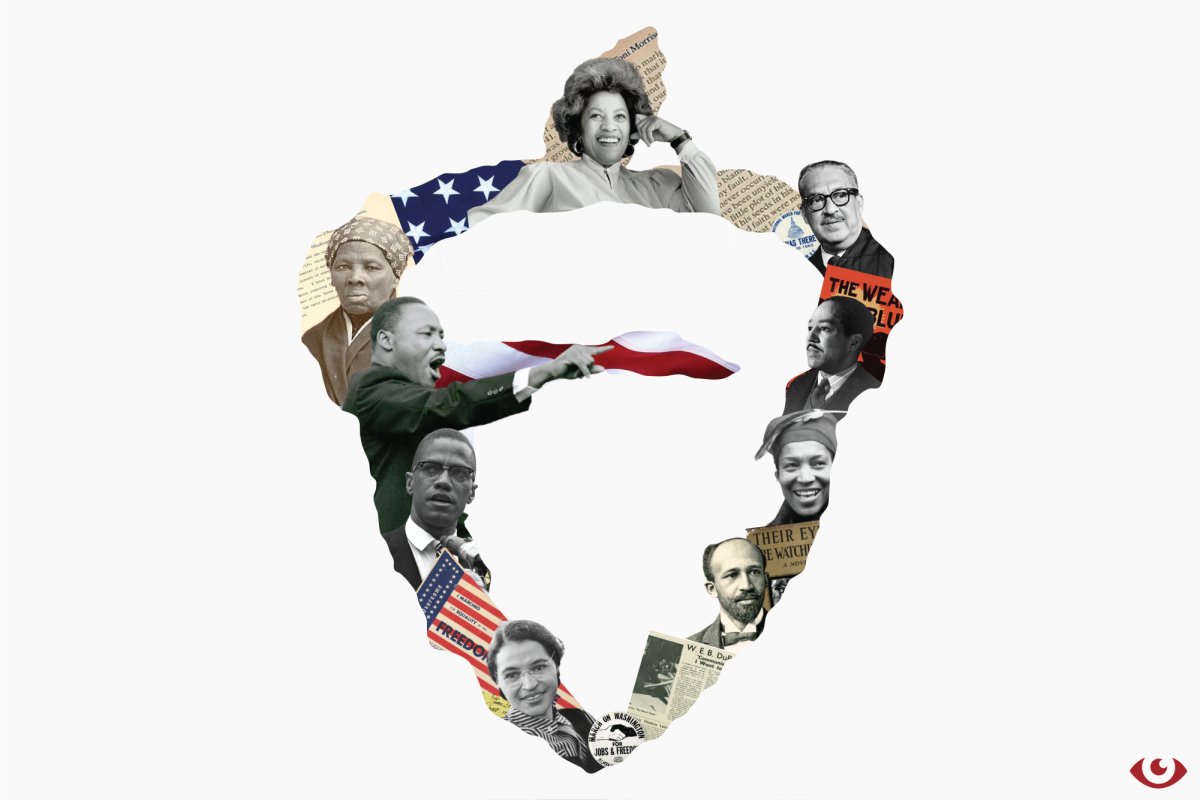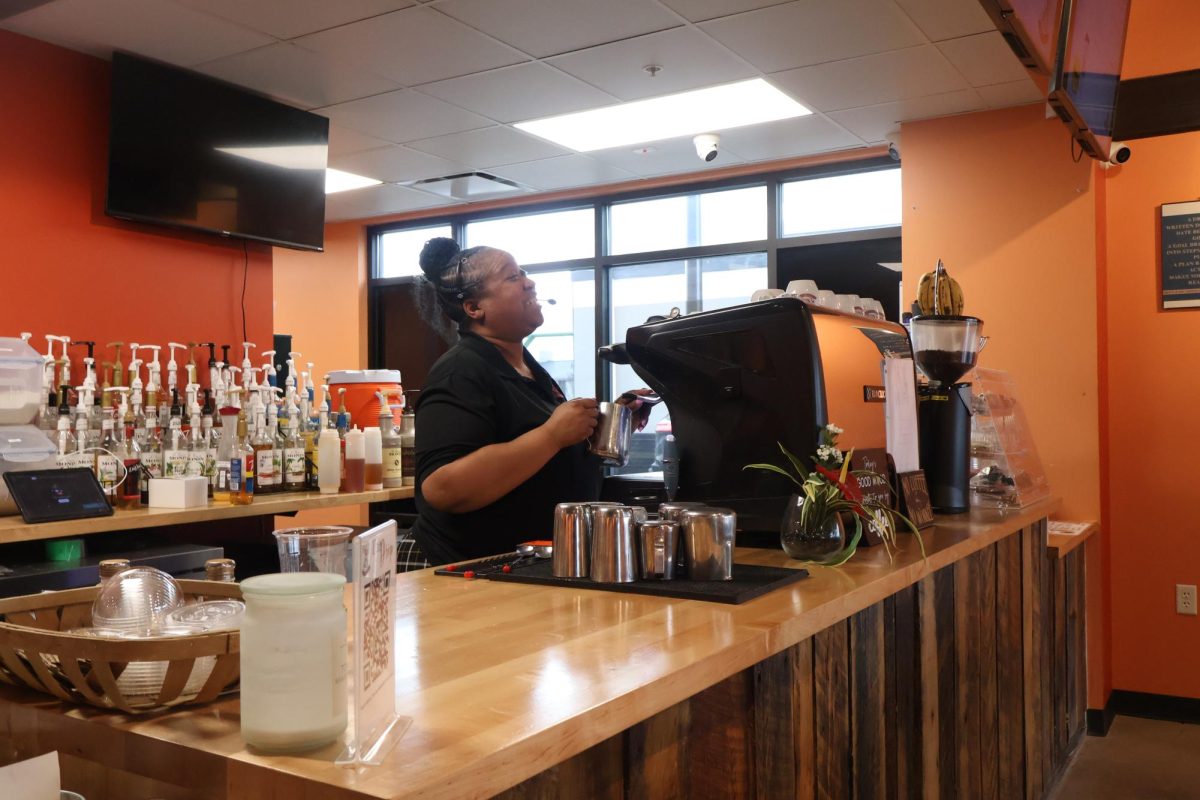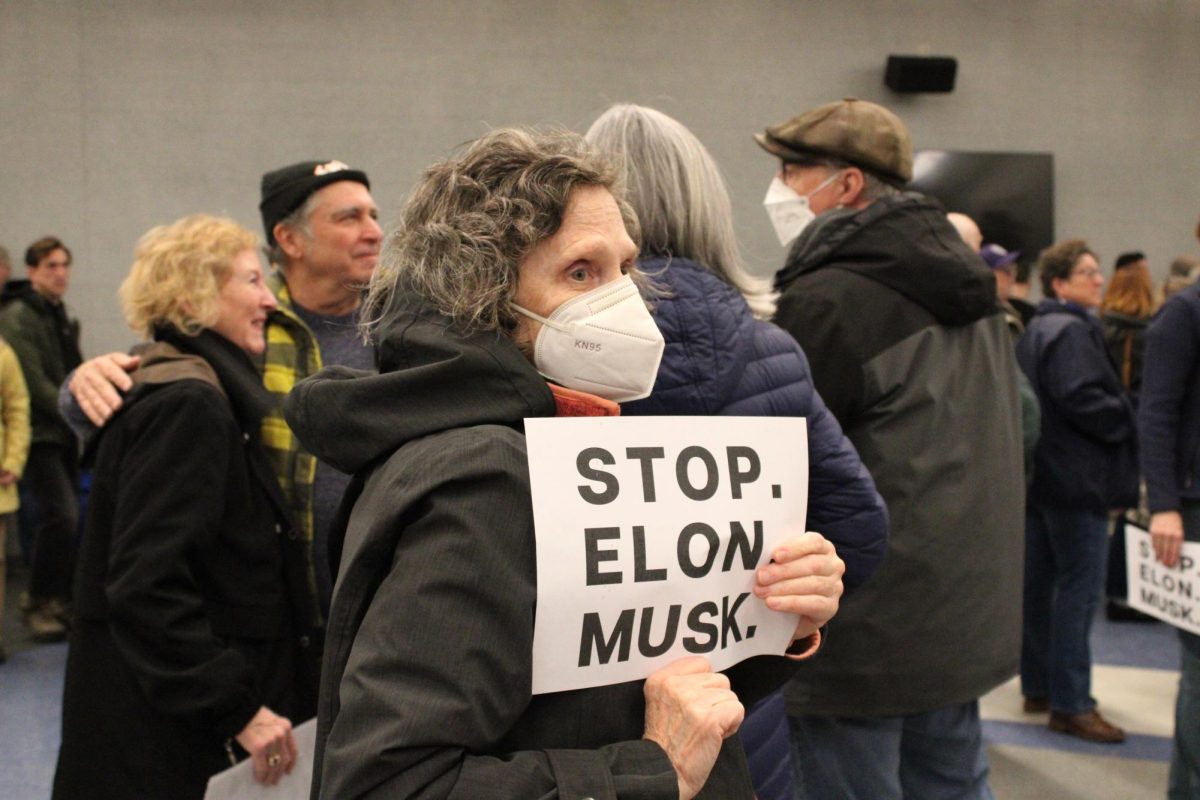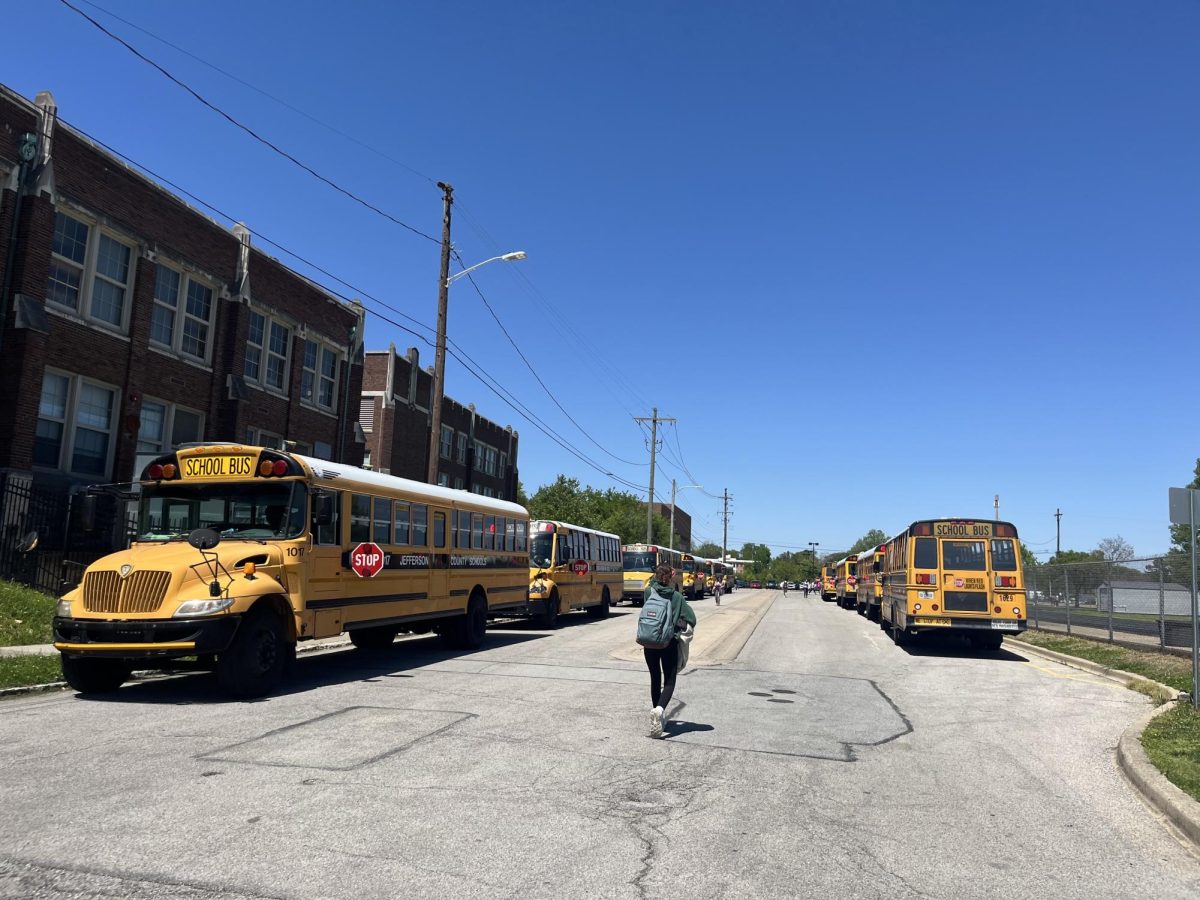Attica Scott, Kentucky House representative for District 41, has been an activist and politician in Kentucky for more than 15 years. In the 2016 midterm elections, she beat the incumbent Tom Riner, who had held the seat for 34 years, and became the first African-American woman elected to the state legislature in two decades.

Before becoming a state legislator, Scott attended Knoxville College, a historically black school, which she says taught her about how black Americans have been involved in our politics for decades and inspired her to become more involved herself. Scott also worked for Madeline Rogero, who was a city commissioner for Knoxville, and is now the city’s mayor and the first woman to be elected to the position.
Scott also did political organizing work for Jobs with Justice in Kentucky.
“We were talking about raising the wage and healthcare and workers’ rights,” Scott said of her time with Jobs with Justice. “We were often doing grassroots lobbying at the local and state level for things like affordable housing and immigrant worker justice.”
As well as being a state legislator, Scott is a Manual alumna. She credits her time at Manual as contributing to her interest in politics, as it gave her an opportunity to speak up about various issues, including one Halloween incident where white students came to Manual dressed in blackface. Scott said she and another Manual student felt like they had to address the issue.
“We both grew up in households where our families talked to us about black history and what blackface meant — we knew how offensive that was — so we went to the principal and our counselors,” Scott said. “We spoke up about it to them and said, ‘You can’t allow this to go on. You can’t allow them to walk around school all day in blackface.’ So they were sent home and had to come back either in a new outfit for Halloween or none at all.”
She explains that this was her first chance to see that, even as a young person, she could make a difference if she wanted to. Scott then went on to major in political science at Knoxville College in order to understand politics on an academic level, which inspired her to reach out to members of her community.
“After learning how the government operates at different levels, I started to get involved and engaged in community work so I could understand how it works from a community perspective,” Scott said.
Although she has been successful, Scott has faced discouragement on the road to where she is now. She recalls being referred to by her first name during her time on the Metro Council, while others were referred to as “councilman.”
“I’ve been on the campaign trail for years, and as a mom and a single mom there are always those questions that arise about my ability, my capacity, how I’m going to juggle work and being a parent and serving in office,” Scott said. “But having an experience like that showed me that we have so far to go as it relates to women in politics and women of color in politics, and I’m going to keep fighting and keep encouraging other women and other women of color to make sure that they run for office because until we get more of us, we’re going to keep having those experiences.”
She has also dealt with obstacles in the state legislature due to others’ misconceptions about the black community as a whole. Being the only black woman in the Kentucky legislature, Scott sometimes feels as if she is standing alone on the issues and takes any opportunity possible to educate others on things affecting the black community in Kentucky.
“I sometimes feel like I’m the only one speaking up about legislation and the way that it impacts people of color, so I find myself voting no on bills that are clearly focused on, for example, mass incarceration, racial profiling and the school-to-prison pipeline,” Scott said. “I’m sometimes one of only a few people who are voting against those bills because I understand how they will affect my community and the part of the community that I’m serving in Frankfort.”
Scott said she ensures that she explains why she will or will not vote for a particular bill in order to introduce a new perspective to the other state House members.
“It’s important for them to understand where I’m coming from and my experience because it’s different from what they may think,” Scott said. “They’re basing their knowledge on misinformation or stereotypes or what they may see in the media — they might see media reports of West Louisville that make it seem like a war zone when, in reality, it’s not.”
Since her first sessions in Frankfort, Scott has already signed on as a sponsor for several bills alleviating repercussions for Kentucky citizens who have had felony convictions, including voting restoration bills and “ban-the-box” legislation — bills that would remove the question on job applications about whether or not the applicant has had any convictions. She has also supported a minimum wage increase and opposed multiple bills focused on JCPS, such as House Bill 151, which would force students to attend their resides schools unless they were accepted to a magnet or charter school.
“The education bills directly impact Louisville. They really are about dismantling our public schools system, so every opportunity that I have to defend Jefferson County Public Schools, I’m doing that in Frankfort,” Scott said.
Scott said that she hopes to impact Louisville by inspiring other women of color in Louisville to join Kentucky’s political sphere and by being an example for those women.
“Politically, what I hope to do is encourage other women of color to run for office because that’s important,” Scott said. “We have to reflect the kind of commitment to diversity, true inclusion, and equity that we have in this city, and that’s going to happen when we change the face of who is in political office.”
Scott said that she understands how she has been widely recognized with the title of being the first woman of color in the Kentucky state legislature in over 20 years; however, she did not personally see that fact as a victory.
“Actually, I don’t want to celebrate being the only [black woman politician]. I celebrate my win, but I don’t celebrate being the only one because it’s a lonely place to be. But I will say that … when I hear the stories of the black women in Frankfort, I realize that they’ve gone through things that I wouldn’t wish on anyone,” Scott said.
Scott said that she is open to the idea of running for higher office in the future at the recommendation of other citizens, but for now she plans to run for re-election as the House representative for District 41 in two years. In the meantime, Scott said that she is looking toward the future for the progress of the Louisville and statewide communities.
“I believe my election says a lot more about Louisville than we probably give ourselves credit for,” Scott said. “The reality is that my district is fifty percent black and fifty percent white. It stretches east from the St. Matthews neighborhood, west to the Chickasaw neighborhood. That’s significant; people need to acknowledge the fact that, in a district like that, a black woman was elected to represent all of those 44,000 or so people in Frankfort—which means that there are more and more people who are open-minded, welcoming, and appreciate diversity and inclusion.”
Scott said that women of color who are interested in getting their start in politics should look into having a political mentor.
“I asked the Honorable Eleanor Jordan, who served in the state House, to support me in my political growth and journey because I needed someone with experience. I also wanted someone who would be honest with me . . . The reality is, it’s a lot of work. I say to young people all of the time: identify a political mentor who will give you the truth and who will also help you to navigate the political waters to determine where you want to land.”
Scott said that JCPS can also increase its support for the education and growth of its politically-minded students by being more supportive of student trips and endeavors, like Black Student Unions.
“I will say to JCPS: support students who are, for example, starting Black Student Unions. Instead of being negative about it, why don’t you support it? … You should want to support civic engagement by students rather than to push it away and act like it’s something you shouldn’t have in your schools. The other thing I would say is JCPS needs to have more field trips to Frankfort because our young people need to know what goes on in our Capitol.”









